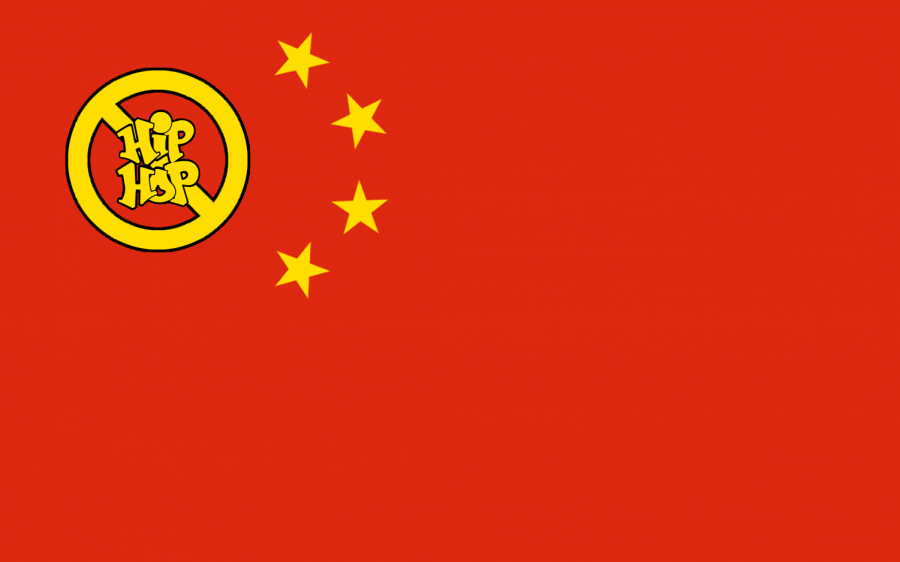Chinese hip-hop ban aligns with state censorship, hypocritical to state’s methods
February 1, 2018
China has long been a place of contradiction: it is the world’s newest super power, yet has the largest authoritarian government. It has the fastest-growing economy and a communist government, but still has stark income inequality. It is home to some of the greatest innovators, yet it has an intricate censorship system.
The Chinese constitution grants citizens freedom of speech and press; however, according to the Council on Foreign Relations, the government has long kept a tight reign on citizens’ media consumption as a way to prevent subversion to authority. The government enforces these strict media controls by using monitoring systems and firewalls, outlawing certain websites, and jailing bloggers and journalists who speak out against the communist regime.
For example, websites that the government deems threatening — such as Wikipedia, Facebook, Twitter and YouTube — are temporarily blocked during periods of controversy, such as the anniversary of the Tiananmen Square Massacre. With these regulations, the government is able to control (to an extent) the way people think and behave. For instance, if an internet user in China searches for the phrase “democracy movements,” they will be led to a blank screen that reads “page cannot be displayed.” Thus, they remain in the dark.
However, China is now at a crossroads as the burgeoning economy relies on internet for growth. And, at the peak of the age of the internet, Chinese citizens are hungry for a free flow of information.
President Xi Jinping has consistently toughened censorship by enforcing harder restrictions on “inappropriate” entertainment. Last week, China’s media regulator passed a new set of restrictions on hip-hop musicians, prohibiting artists with “questionable” morals, “undesirable” ideologies and visible tattoos.
The new ban reflects the government’s idea that the use of English and local dialects in rap songs, as well as their lewd lyrics, are distasteful. The Chinese government worries that talk of drugs and sex in songs can negatively impact China’s youth. In 2015, 120 rap songs were blacklisted for being “too scandalous.” Just last month rapper, Wang Hao, known as “PG One,” was forced to apologize for lewd lyrics in his song “Christmas Eve.”
Ironically, the Communist Party has embraced rap in the past in their own propaganda videos as a way to engage with teens and young adults. Thus, China promotes healthy and upbeat messages, according to the Council on Foreign Relations, demonstrated in the hip-hop genre when it’s politically convenient, while prohibiting any other use of the genre.
This crackdown on hip-hop is much greater than a way to keep society’s morals aligned; it reflects the Chinese government’s deeper desire to maintain an illusion of assent. Rap music poses a threat, as does the internet: the genre is a platform specifically created for challenging society’s ideals and values. By stamping out this platform, China furthers their effort to manipulate their citizens’ lives.






















RM • Feb 7, 2018 at 6:39 am
I think you will find mainland Chinese exceptionally patriotic. While your views are well intended, they lack the required perspective commonly misplaced by Americans. That being that American values are altruistic and should be adopted by all nations. This is exceptionally naive.